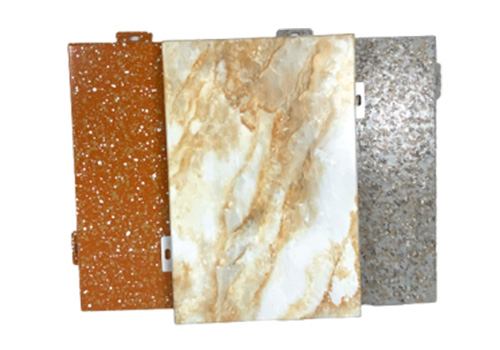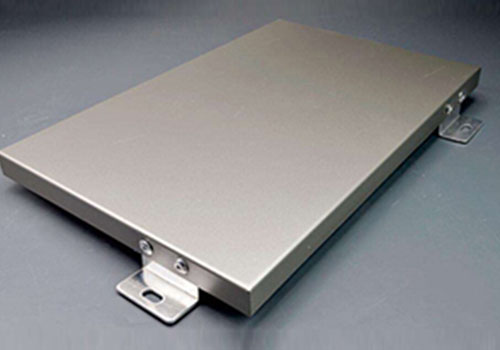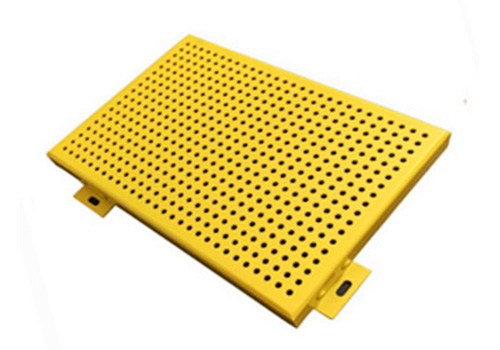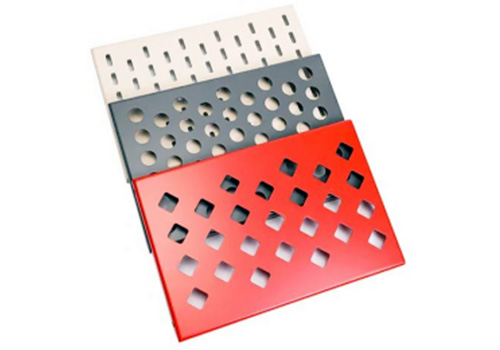Aluminum alloys for reefer containers are typically chosen from the 5xxx and 6xxx series due to their favorable combination of properties. The temper designation (or temper state) indicates the specific thermal treatment or process that the alloy has undergone, affecting its mechanical properties. The choice of alloy and temper depends on factors such as strength requirements, corrosion resistance, and formability. Here are some common choices:
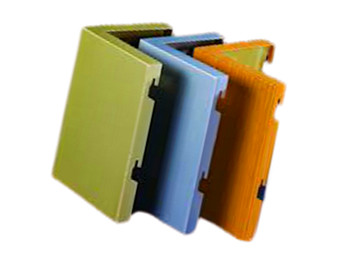
Alloy 5052-H32 or H34: These temper states of Alloy 5052 offer a good balance of strength, corrosion resistance, and formability. They are commonly used for the outer shell of reefer containers to provide protection against harsh environments.
Alloy 6061-T6: This temper state of Alloy 6061 offers high strength and good corrosion resistance. It's often used for structural components and internal elements of reefer containers, where strength and durability are important.
Alloy 6063-T5: This temper state of Alloy 6063 provides good formability and is used for components that require intricate shapes or profiles in reefer container construction.
Alloy 5083-H321: This temper state of Alloy 5083 offers a balance of strength and corrosion resistance. It's commonly used for parts of reefer containers that require both mechanical strength and resistance to marine environments.
When selecting the appropriate alloy and temper, consider the following factors:
Strength Requirements: Different cargo loads and container sizes may require varying levels of structural strength. Choose an alloy and temper that meet the specific strength requirements for the intended use.
Corrosion Resistance: If the reefer container will be exposed to marine environments or other corrosive conditions, prioritize alloys and tempers with excellent corrosion resistance.
Formability and Weldability: Depending on the container's design, you'll need alloys and tempers that can be easily formed, welded, and assembled into the desired shape.
Weight Considerations: Aluminum's lightweight nature can help reduce overall container weight, leading to improved fuel efficiency during transportation.
Temperature Management: Consider the thermal conductivity of the chosen alloy, as this can affect the container's ability to maintain temperature control for the cargo.
Ultimately, the choice of alloy and temper should be made based on a thorough assessment of the reefer container's design requirements, intended use, and the conditions it will face during transportation and storage. It's advisable to consult us to make the best choice for your specific application.
